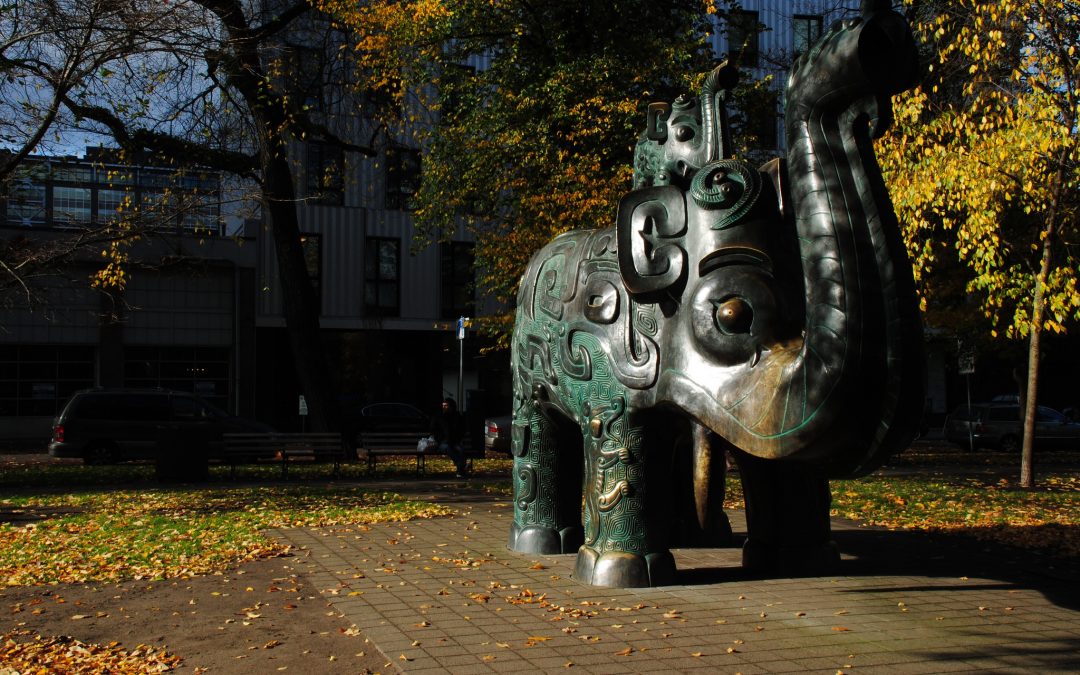This month I’ve been sharing a short poem, “Yes“, by the late William Stafford, who taught at a college in the Portland area and was both the Poet Laureate of Oregon as well as the United States. Despite being a poetry-mad teen growing up in the Portland Metro area, I feel like I’ve come to Stafford’s work late, as an adult.
I love that this poem begins with a fairly familiar observation; we should be be grateful for what we have now because disaster could strike at any moment. I get that.
Many people who live with C-PTSD experience hypervigiliance, perpetually scanning the environment for danger and experiencing high arousal to stimuli like loud noises, crowds, etc. Folks with C-PTSD are also prone to catastrophizing, a cognitive distortion where we tend to dwell upon the worst possible outcomes for a scenario. I’m well familiar with these, having lived in this state for much of my earlier life.
The problem with living in perpetual readiness for disaster is that it is absolutely exhausting. Hypervigiliance is a state of constant alert and, as the name implies, it is not sustainable and ultimately is a state that will negatively impact health. Catastrophizing often goes along with hypervigiliance, the focus on the worst-possible outcome makes the constant alert seem perfectly reasonably. This is not paranoia, but a cognitive state that arises due to repeated trauma.
My yoga practices have helped me cultivate mindfulness skills that enable me to spot when I’m spinning through disaster scenarios in my head. I notice now when I go into high alert mode, staying with it as a signal that my body is trying to take care of me and then I can reassure my body and mind if I am safe, or if there is really something I need to pay attention too. I’m also getting a little better at asking for help when I’m feeling overwhelmed by stimuli. Yoga combined with several years of Cognitive Behavioral Therapy followed by years more of trauma therapy using EMDR. I’m grateful to say that now I don’t spend as much time in these distorted states where I’m sure the worst will happen and that any moment disaster really will strike, so I must be alert.
Gratitude is a part of my meditation and mindfulness practices each day. It helps keep me grounded in what’s really happening, which helps me to stay in the present moment. It helps me focus on connection, when I practice gratitude for the people in my life who love me. When I’m in the present moment, I’m also not missing out on a myriad of small delights, tiny gratitudes, and joy bursting out into the open. I find that seeing these bonuses in life gives me space to hold myself, my Whole Self, as precious and whole, complete, lacking nothing.
This is one of the things I especially love in Stafford’s poem, he closes with a reminder that in this world of disaster around the corner there are some bonuses. Another downside to hypervigilance and catastrophizing, aside from being too exhausted to appreciate or enjoy much of anything, is that the focus on readiness makes it easy to miss the small bonuses. Staying in the present moment, in my body and open to gratitude for the world, I catch those bonuses now.
It is these small bonuses that bring color, joy, and vitality to a very difficult world.

